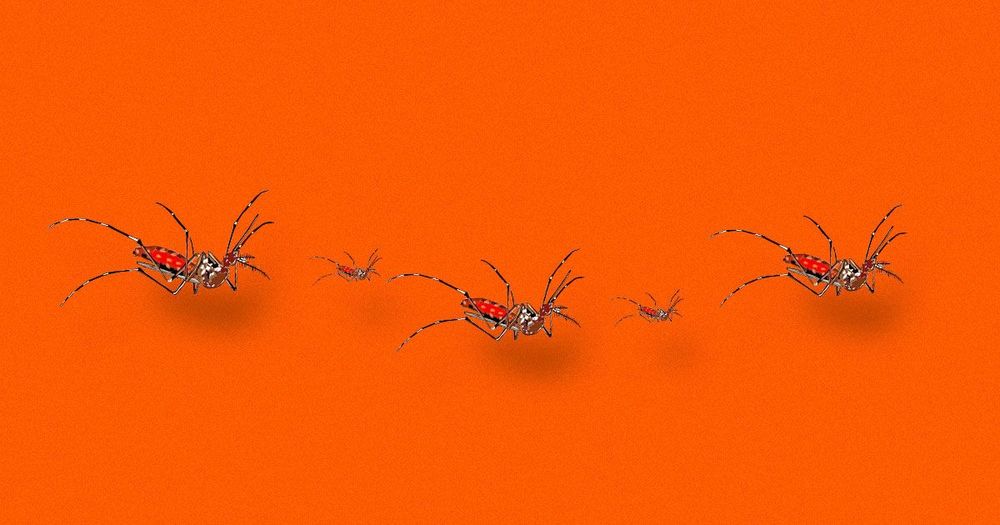On its surface, the plan was simple: gene-hack mosquitoes so their offspring immediately die, mix them with disease-spreading bugs in the wild, and watch the population drop off. Unfortunately, that didn’t quite pan out.
The genetically-altered mosquitoes did mix with the wild population, and for a brief period the number of mosquitoes in Jacobino, Brazil did plummet, according to research published in Nature Scientific Reports last week. But 18 months later the population bounced right back up, New Atlas reports — and even worse, the new genetic hybrids may be even more resilient to future attempts to quell their numbers.
